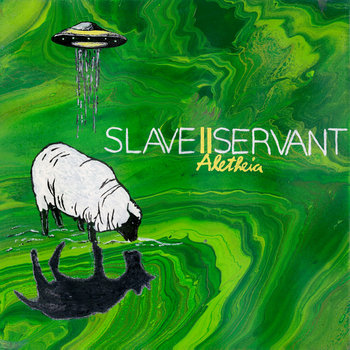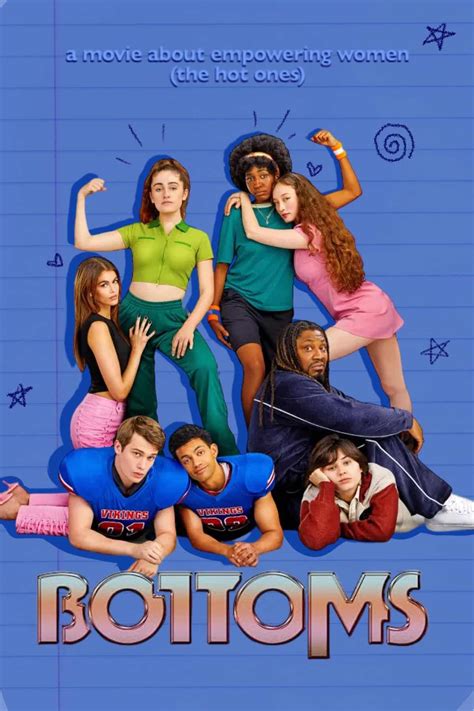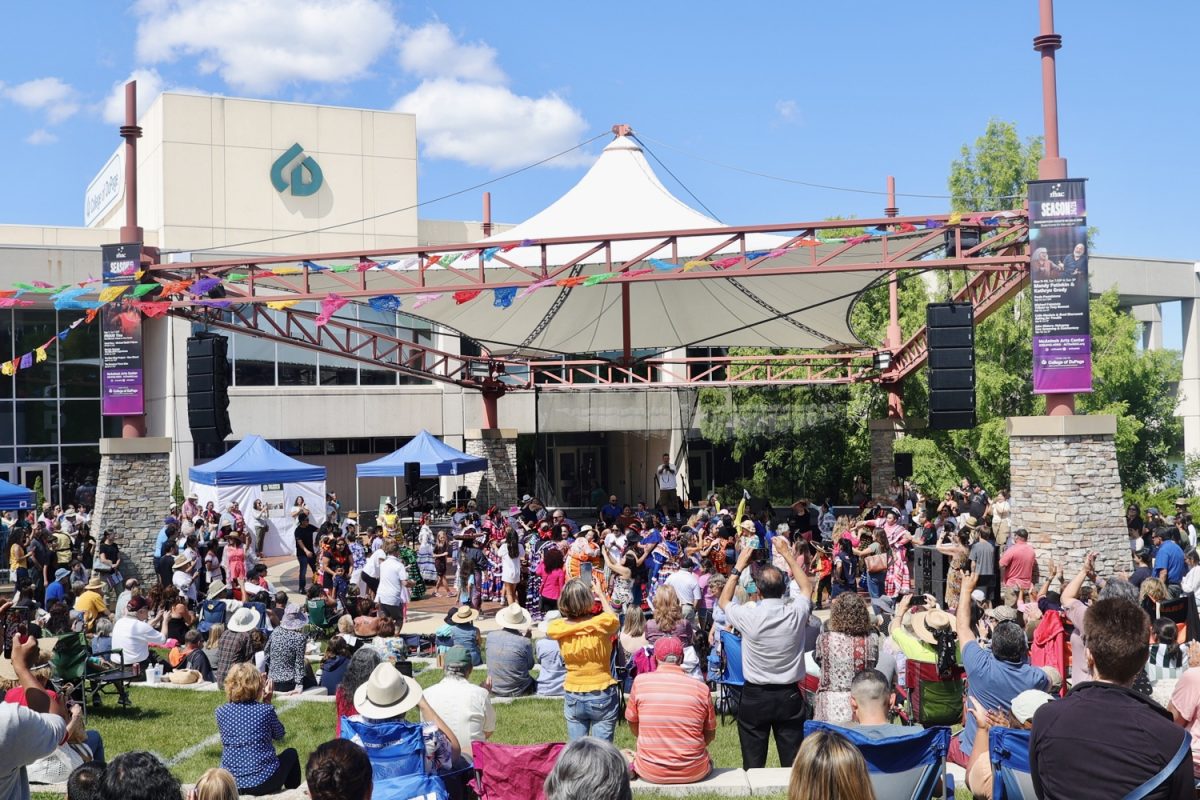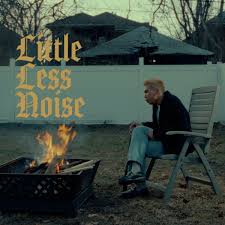Black History Month kicks off at COD
February 5, 2020
The College of DuPage started celebrating the history of African Americans and spreading awareness of the culture during the month of February, also known as Black History Month, in 2014. This year’s celebration recognizes the proximity of the month to key elections that will shape the future of the country.
The theme of the month in 2020 is “African Americans and the Vote”, discussing the changes in who has had the right to vote throughout history.
The opening ceremony took place on Feb. 3rd and included singers, student speakers, and a performance from he African Dance and Music Institute. There will be events throughout the month with the closing ceremony on Feb. 27th.
The Black Student Alliance (BSA) will host three main events including a “Meet and Greet,” a “Voting Jubilee” and a “Film and Discussion Series.”
David Swope, the manager of Student Diversity and Inclusion explained that Black History Month at COD started out more on the faculty side, but that was just to get the ball rolling.
“Now that we have something that has a little bit more of a foundation, give it to the students,” Swope said. “All students have a platform here. Everyone has a story.”
Every year the alliance is more involved in planning and carrying out the activities for Black History Month.
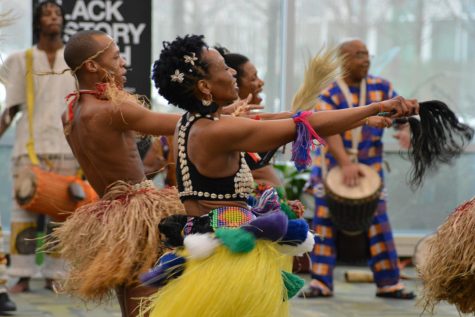
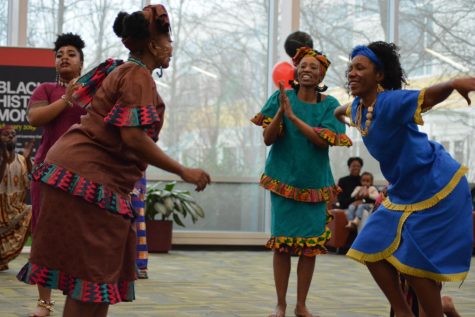
Black Student Alliance President Manual Narty said his organization is up to the challenge of organizing the event.
“Black History Month is a time to highlight and acknowledge the people within African American history that have impacted the nation, as well as create a foundation for us today,” Narty said. “BHM at COD should be about students and staff members coming together to not only learn about our past but to build connections that can shape a better future as well.”
The purpose of Black History Month at COD is to teach people the holistic history of the United States and of African Americans.
Swope said the goal of Black History Month for the college is “to use this as a model, so we can make sure we are touching the bases of all of our students from every ethnicity, every culture, every perspective” and to “move cultural learning forward.”











